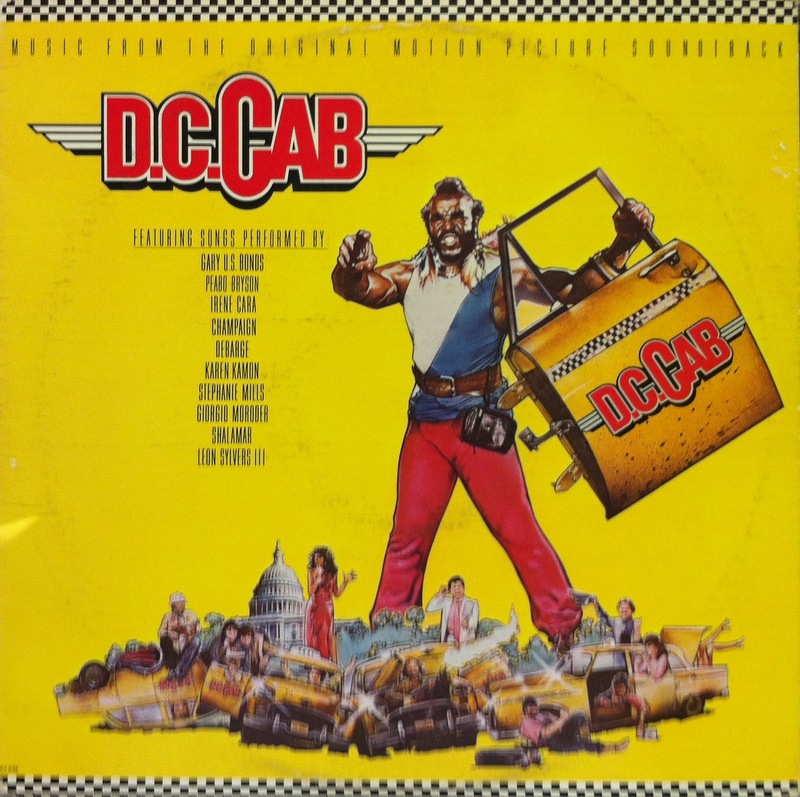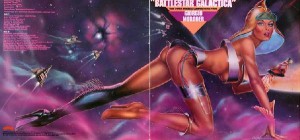A couple months ago I ranted about what I thought were some major problems with new vinyl releases. You can read that post here. My main points of contention were either vinyl records that didn’t include a digital copy, or records that did include digital copies, but they were of poor quality with lousy ID3 tags. Some “Hall of Shame” examples I cited were El-P’s Weareallgoingtoburninhellmegamixxx3 and Kanye West’s latest.
Now I want to tell you about a positive example: the Foo Fighters’ latest release, Wasting Light.
This may be the greatest new vinyl purchase I have ever made.
Much has been made of how the Foos recorded Wasting Light. No digital equipment was used. They laid it down on analog tape in Dave Grohl’s garage. Â Since it was made on analog I wanted to hear it on analog, vinyl was obviously the way to go with this one.
I ordered one from Amazon last week and it finally arrived. From the second I opened the box I was ecstatic. On the cover of the album was a sticker that said the following:
45 RPM Edition – Full Length Vinyl
Recorded entirely on analog tape in Dave’s Garage.
Includes a HI-RES DIGITAL COPY (320 kbs MP3S) of the album specially cut from the original vinyl recording!
PLEASE PLAY AT MAXIMUM VOLUME.
Fuck. Yes.
They got it right. All of it. They nailed it completely. Not only did they deliver a reference quality analog recording on 45 RPM vinyl (45 RPM tends to sound better than 33 1/3 RPM), but they included an exact, better than CD-quality digital copy. And to top it all off, the album itself is actually damn good, one of their best.
Thanks Dave!
But enough about grunge, let’s talk about disco!
Every track on tonight’s post is from a bootleg vinyl compilation called Electronic Dancefloor Classics 2, which consists of nothing but songs that Giorgio Moroder produced, performed, or remixed. I just bought it last week, but I’m pretty much convinced it’s one of the best dance records in my collection. Behold its awesome.
Giorgio Moroder
Knights In White Satin
From Here To Eternity (Extended Mix)
Tears
Battle Star Galactica (Disco Version)
A lot of my friends are younger than me, and most don’t really follow “classic” dance music, so they don’t know who Giorgio Moroder is. Whenever I bring him up and someone asks who he is, I usually say, “you know electronic pop music? He did that.”
That may be an exaggeration, but it’s a slight one. In 1977 he brought electronic dance music to the mainstream with Donna Summer’s “I Feel Love,” but as these tracks show, he was refining his electronic pop sound well before that.  His 1976 cover of “Knights In White Satin,” while remarkably goofy, is remarkably good as well, and light years above most of the disco drivel that was polluting clubs at the time. “From Here To Eternity,” taken from the album of the same name, is the perfect blend of instrumental disco fluff and electronic experimentation done right; no doubt it was an influence on countless electronic producers and musicians to follow. His version of the Battlestar Galactica theme is mind-numbingly stupid, but it’s stupid in all the best ways – embracing the horns and other cheesetastic elements of disco and laying over even cheesier electronic bleeps and bloops over it.
But the real highlight here is “Tears,” although it’s a stretch to even call it a disco tune. It’s from Moroder’s 1972 sophomore record Son of My Father, and it has more in common with the work of Ennio Morricone and Italian prog-rockers Goblin than anything that you might hear on the dance floor at the time. But that’s what makes it so utterly brilliant. I mean, the track is nearly 40 years old at this point, and I still haven’t heard anything remotely like it – unless you want to count DJ Shadow’s “Organ Donor,” which liberally samples from the tune.
And it’s so bloody simple! That’s why it’s so goddamn amazing. It’s just a loop that is slowly built upon. It starts out quiet with a woman’s voice and a simple organ melody, but soon they are overpowered by an ever-building army of drums, guitars and keyboards until the whole thing just…climaxes in a glorious electronic orgasm. I have never, ever heard anything build as perfectly as this track does. If I heard this on a dance floor I would lose my shit. People would have to carry me away. How the hell is this song out of print? It should be in the Smithsonian, in the section marked “Fucking Awesome.”
Munich Machine
Space Warrior
Moroder released a few albums as Munich Machine. The first, while featuring an incredible cover, it is dated and seems restrained compared to most of his other work. A Whiter Shade Of Pale, his sophomore release as Munich Machine from 1978, is spotty as well, but it also includes some tracks that are batshit nuts. “La Nuit Blanche” is a disco reworking of “Also sprach Zarathustra” AKA the song from 2001, and “In Love With Love” features some of the best vocoder work this side of a Peter Framptom solo. Both albums are in print and work picking up despite their troubles.
This track comes from Munich Machine’s third album, 1979’s Body Shine, which is out of print. I don’t have that record, so I can’t testify to its overall quality. I can safely say, however, that this track is one of the best I’ve heard under the Munich Machine name. It’s groovy beyond compare, matching slick guitar licks with a pulsing electronic sound in a way that many synthpop bands would in the coming years.
Sparks
Beat The Clock (Giorgio Moroder Remix)
Sparks’ one-of-a-kind insanity fits well with Moroder’s non-stop pulse-pounding tempo in this remix. The original version was on the 1979 album No. 1 In Heaven, which Moroder produced. A lot of rock bands tried disco in the late-70s, but Sparks were one of the only ones to do it right, no doubt because of the help they received from Moroder. They were already manic and kind of nuts, so the fast tempos and odd sounds of Moroder’s production was a perfect match (made in heaven).
Japan
Life In Tokyo (Extended Disco Mix)
Japan is a band that I am just now getting into. So I can’t say that much about them. I do know that they started out as a glam-rock band in the mid-70s, but as the decade progressed they embraced their electronic side more and more, eventually becoming one of the founding fathers of the New Romantic movement that spawned Duran Duran. Moroder produced the original version of “Life In Tokyo,” which was first released as a non-album single in 1979. That version doesn’t have the drum and synth overdubs that this one has, and is actually more of a low-key tune. Both versions are excellent, this one is just a little funkier.
Eurythmics
Sweet Dreams (Giorgio Moroder Version)
Eurythmics + Giorgio Moroder = too much awesome for one mind to stand. Stand back, this track may cause your brain to explode.


